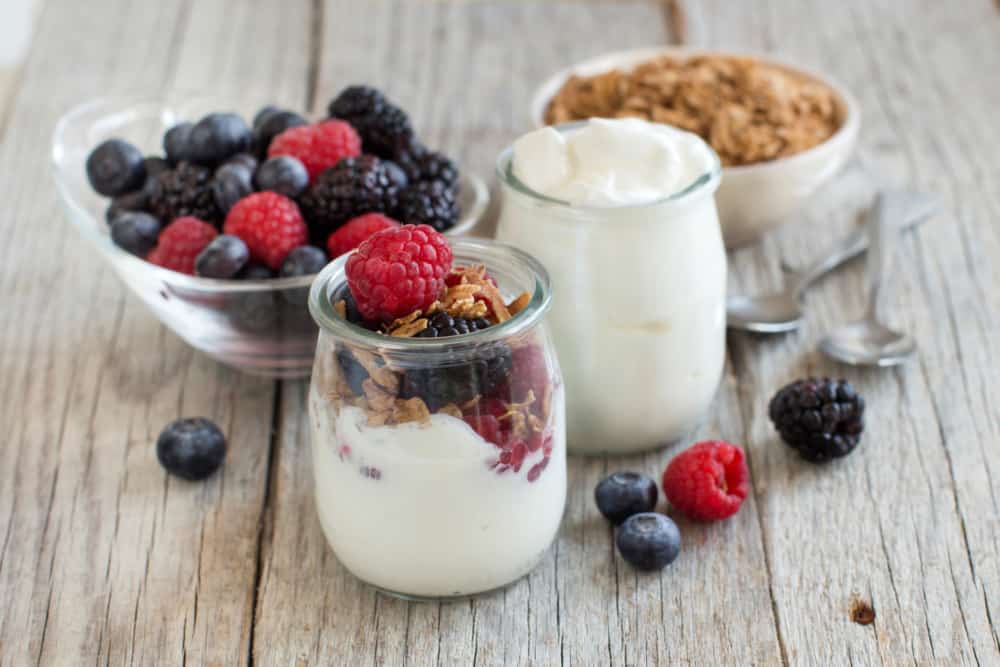Whether school is in session or you’re prepping in the summer festivities, making lunches for your child to take to school, summer camp or any of their daily programs will always be that after-dinner activity that nags at you. After a long day, it’s easy for making lunch to slip your mind and become a de facto part of your morning routine.
But with our speech pathologists’ fun, educational game, you can turn lunch preparation into a new activity you and your young one will look forward to day after day.
How Does Making Lunch Help Educate?
As with many educational games, the benefits are in the subtleties of the activity. Preparing meals exercises your child’s mind as it relates to identification, categorization and speech, should you make lunch aloud together.
Naturally, the lunch box itself is one of the most important factors in the overall lunch experience, and it’s generally best to let your child choose the box of their liking, especially if lunch boxes are the “in” thing at their school, camp or summer program. Though on occasion, it’s best to have the classic paper bag and avoid the trauma that comes with losing a beloved lunch box.
Now we’ve come to the tasty portion of preparing lunch!
If you don’t mind spending, you can always buy pre-arranged snacks like apple slices, juice boxes or yogurt! For a slight cost, they’ll save you lots of time and they’re incredibly convenient.
To make preparing lunch fun, create a chart or checklist with your child that covers all of the essentials like:
- 1 Sandwich, cheesesticks or goldfish crackers
- 1 Drink
- 1 Watermelon and grape kabob
- 1 Medley of cucumbers and carrots
- 1 Sweet, organic fruit snacks
This checklist will help your child with identification and categorization of fruits, sweets, and other lunch box essentials! Working together, you can ask your young one to choose their favorite fruit and chips for lunch, exercising their skills to identify different food items which ultimately improves their overall cognitive abilities!
You can even extend this educational activity to the grocery store! As you and your child shop, name and describe items as you choose them and place them in the shopping cart.
Use their identifying characteristics to help your child with their own identification and categorization skills. One way might be to ask them if they want the big red apples or the large yellow bananas; this will further their ability to differentiate sizes, colors, and fruits themselves. Enlist your child’s help while shopping by asking them to point to the big oranges, large green grapes, or boxed apple juice!
With just a little creativity, lots of laughs and involving your young one in everyday tasks, you can propel their at-home education with fun games that may boost their confidence and allow you to spend more time with one another.
Interested in more fun, educational activities? Read more of favorite summer games and contact Greater Learning LP to start your relationship with dedicated speech pathologist.
For more information visit www.greaterlearninglp.com, call 210.349.1415 or find us on Facebook!


0 Comments